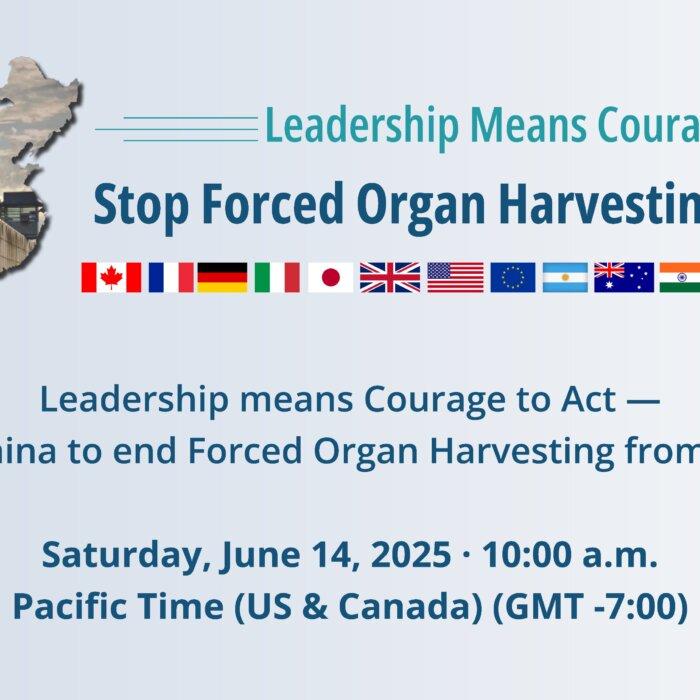Reduced Entourage and Symbolic Downgrade
Xi vanished from public view for two weeks from May 21 to June 3, an unusual hiatus for the CCP leader. Prior to that, during Xi’s inspection in Henan Province from May 19 to 20, the first-ranking member of the CCP’s Politburo, Cai Qi, was absent, which was a departure from the CCP’s normal protocols.In addition, the head of the CCP’s United Front Work Department, Li Ganjie, a regular in Xi’s entourage in the past, has not accompanied him since mid-2024, showing a downgrade in the seniority of Xi’s travel companions.
As a Xi loyalist, Li was reassigned from head of the CCP’s Organization Department in April, a powerful role overseeing high-level personnel decisions, to the less influential United Front Work Department. His replacement, Shi Taifeng, a figure with ties to former leaders Hu Jintao and Li Keqiang, suggests a dilution of Xi’s control over key Party appointments.
Military Purge and Absence of Key Allies
On June 2, former CMC Vice Chairman Gen. Xu Qiliang, a Xi confidant, died suddenly at 75, with official reports citing illness.
Furthermore, since last year, several military leaders close to Miao have been arrested by the regime. However, the CCP does not officially reveal the exact reason for such purges other than generic descriptions such as “corruption.”
Both He and Miao were rapidly promoted under Xi, making their apparent sidelining a significant blow to Xi’s grip on power.

Domestic and International Dissent
On June 9, more than 500 Chinese petitioners issued an open letter to former leaders Hu Jintao and Wang Yang, accusing Xi of corruption in his home province’s judiciary. The letter criticized Xi’s “anti-corruption” and “rule of law” campaigns as a fraud, alleging a surge in wrongful convictions and violent suppression of petitioners. It called for democratic reforms and an end to vague charges like “picking quarrels and provoking trouble,” marking a rare public challenge to Xi’s authority.The CCP frequently uses the ambiguous charge of “picking quarrels and provoking trouble” to target political dissidents and critics. The accused are usually quickly convicted in the regime’s kangaroo court without any due process.
Ho is a member of the International Advisory Board for Tsinghua University’s School of Economics and Management in China, a university that has educated many top CCP officials. Ho’s repost of an article critical of Xi was highly unusual for a Singaporean political elite and for a board member of an elite Chinese university, which adds weight to the gesture.
On May 19, state-run media outlets People’s Daily and Xinhua published reports of the Party’s current agenda in the “Fifteenth Five-Year Plan.” However, the content of the articles referenced key instructions from the era of former CCP leader Hu Jintao and former Premier Wen Jiabao, neglecting Xi’s slogans. Such a move by the regime’s leading propaganda mouthpiece right before the CCP’s Fourth Plenum is again unusual, signaling the former leaders’ influence in the regime and potentially their disagreements with Xi.
“There appears to be a temporary central group that has effectively sidelined Xi’s core authority,” Wu Zuolai, a U.S.-based scholar and political commentator, told The Epoch Times earlier this month.
This signals that China’s political elite may be preparing for a post-Xi era, with broad implications for the regime’s stability and international relations.






